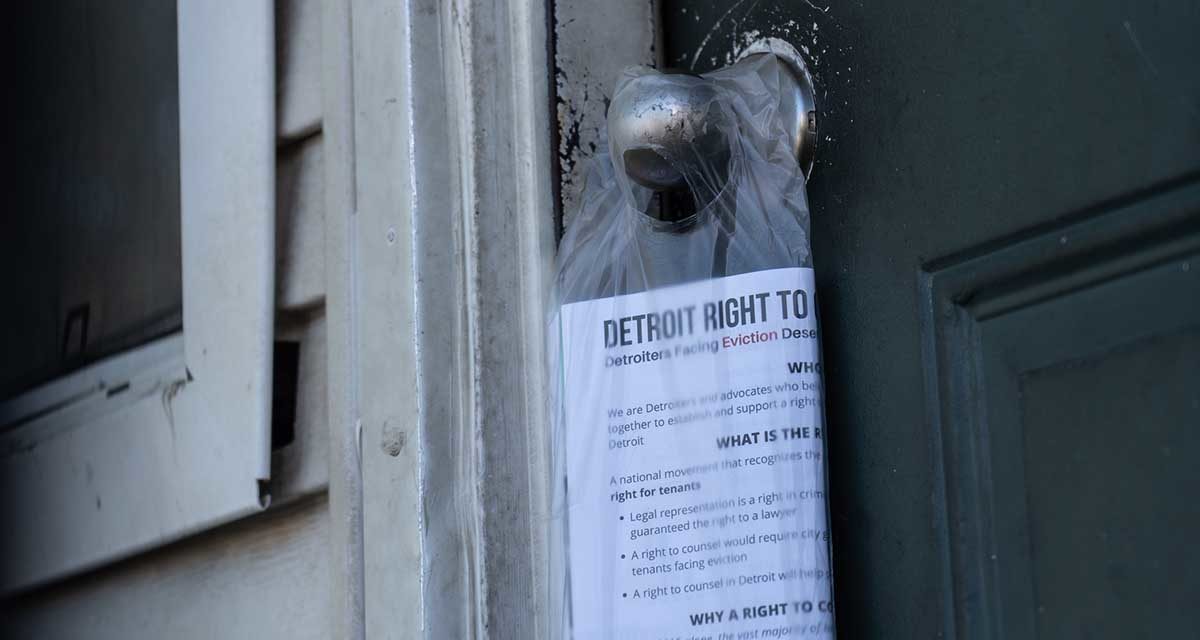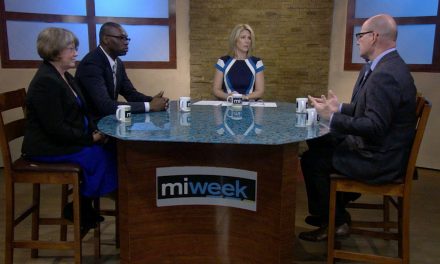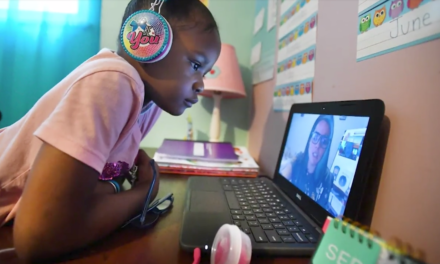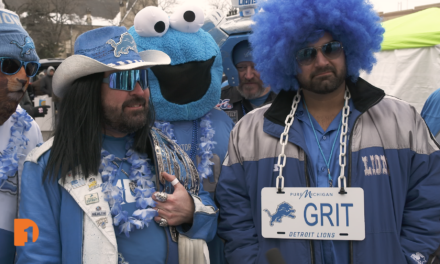By Nushrat Rahman, Bridge Detroit
In the 10 months since a statewide rent aid program launched to help tenants avoid eviction and catch up on payments, thousands of applications have poured in, demonstrating the vast and continuing need for rent assistance as the COVID-19 pandemic rages on.
Wayne County alone accounts for roughly one-third of the more than 173,000 applications that have come in, as of Friday, to the federally funded COVID Emergency Rental Assistance (CERA) program, which launched last March. Detroiters make up 22% of those applying for rent help across Michigan.
Related:
- Warming centers are available in Detroit: Where to find locations
- They’re trying to save Detroiters from eviction before it’s too late
- New program aims to bolster eviction prevention for criminal defense clients
“The need has not decreased. We continue to see a high level of requests for support,” said Mia Harnos, chief operating officer for the Wayne Metropolitan Community Action Agency, one of the organizations responsible for handling applications in the county.
Rent remains one of the top pandemic-related reasons people call the United Way’s 211 service, right above vaccine information, according to a statewide dashboard. More than 100,000 Michiganders between Dec. 1 and Dec. 13 said they were behind on rent or mortgage payments where eviction or foreclosure is likely, the Census Bureau’s Household Pulse Survey reports.
“Families are struggling to meet their rent obligations,” said Jim Schaafsma, a housing attorney with the Michigan Poverty Law Program. The CERA program — expected to stay open through the winter — has been “a lifeline and a way for them to maintain housing stability.”
‘Numbers speak for themselves’
Across the state, 80,454 out of 173,034 — or 46% — of applications for rental and utility assistance were approved as of Friday, according to the Michigan State Housing Development Authority (MSHDA), the organization responsible for allocating the federal rental assistance dollars through local nonprofit agencies.
Of the total applications, 9,600 were duplicates, according to a MSHDA dashboard Friday, and so were denied, along with 17,109 other applications that were denied. Of those denials, some were homeowners applying to the program, rather than renters. Others denied included those not behind on rent or utilities or were above the income requirements, said Kelly Rose, MSHDA chief housing solutions officer.
About $474 million in assistance had been spent so far, as of Friday. That’s out of roughly $700 million in federal pandemic relief funds, said Rose. The average family is getting $5,897. More than 130,000 people have received the assistance.
Meanwhile, about 53,000 applications are still “under review” across the state, meaning a caseworker is looking into it or has not gotten to it yet. More than 27,000 applications in Wayne County are in this stage.
As of Friday, Wayne County falls behind neighboring counties with the number of applications it had approved: 17,812 out of 56,815 applications, or 31%. Macomb County had approved about 40.8% of its applications. Meanwhile, Oakland County had earmarked payments to just over half of its applicants. Both counties have a fraction of the total applications Wayne County is handling.
Statewide wait time is, on average, 35 to 40 days between when a person applies and gets approved. In Wayne County, it can take anywhere from three to 10 weeks for applications to process, according to Wayne Metro. The agency is still “triaging” by prioritizing eviction cases and tenants at risk of utility shut-offs and those move quickly, said Michael Centi, department director of integration.
“There are some applications in Wayne County that are taking much longer than what we would prefer to get processed,” Rose said.
MSHDA has hired staff to address the backlog and high volume of applications pouring into Wayne County, and other areas, and the organization is trying to bring on another agency to help, Rose said. Wayne Metro started out with 80 staff members working on rental assistance. Now the organization is up to more than 200 and they are continuing to hire more people. Wayne Metro says it has doubled the rate of approvals in the past three months, compared with the initial six months of the program.
“The numbers … speak for themselves. The demand for this program really is just incredible,” said Centi.
Read the Full StorySubscribe to One Detroit’s YouTube Channel & Don’t miss One Detroit Mondays and Thursdays at 7:30 p.m. on Detroit Public TV, WTVS-Channel 56.
Catch the daily conversations on our website, Facebook, Twitter @DPTVOneDetroit, and Instagram @One.Detroit





